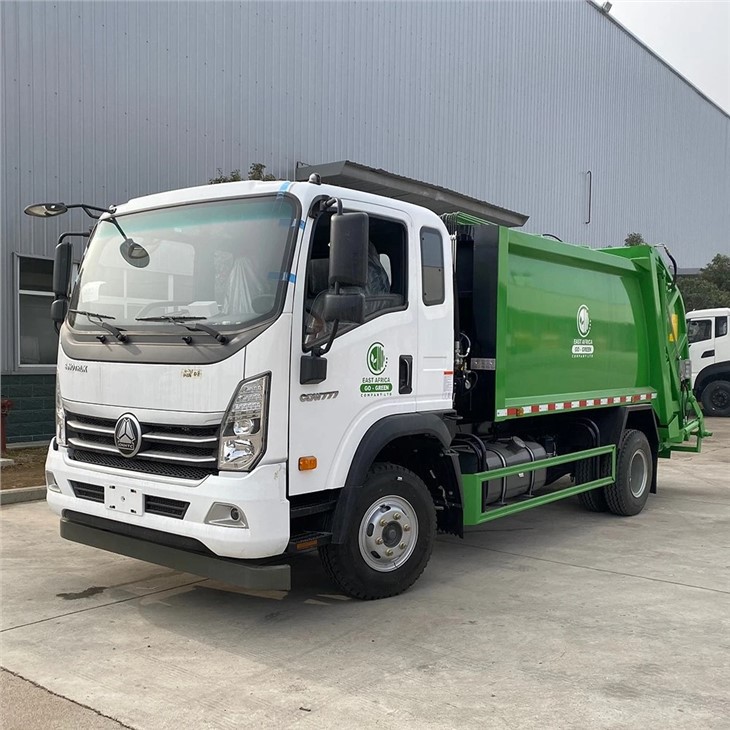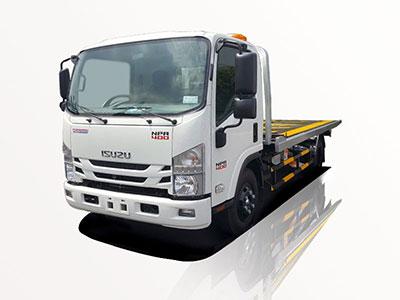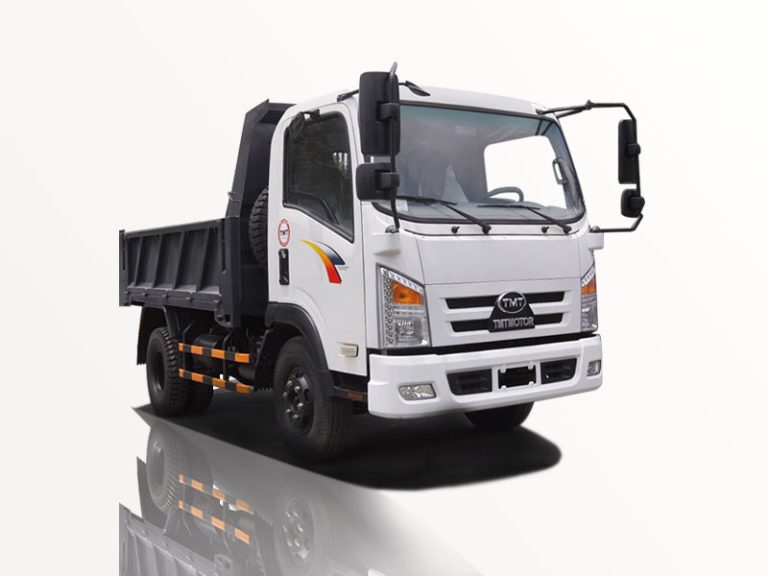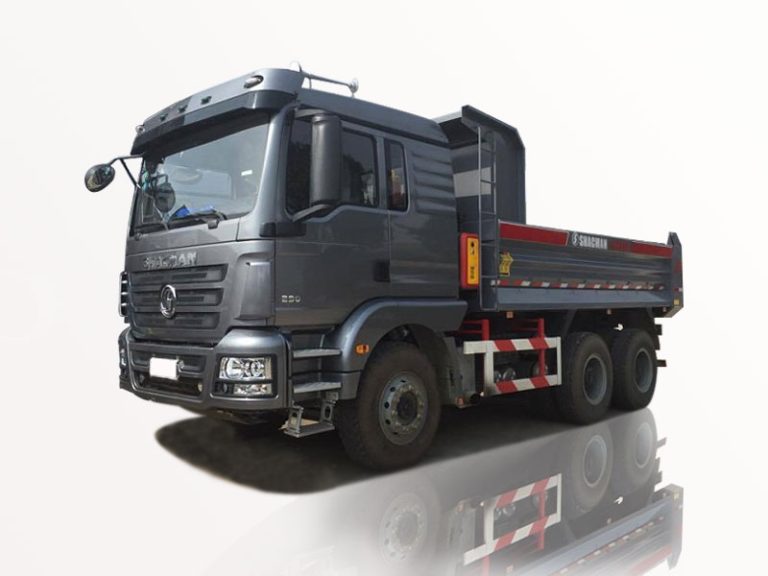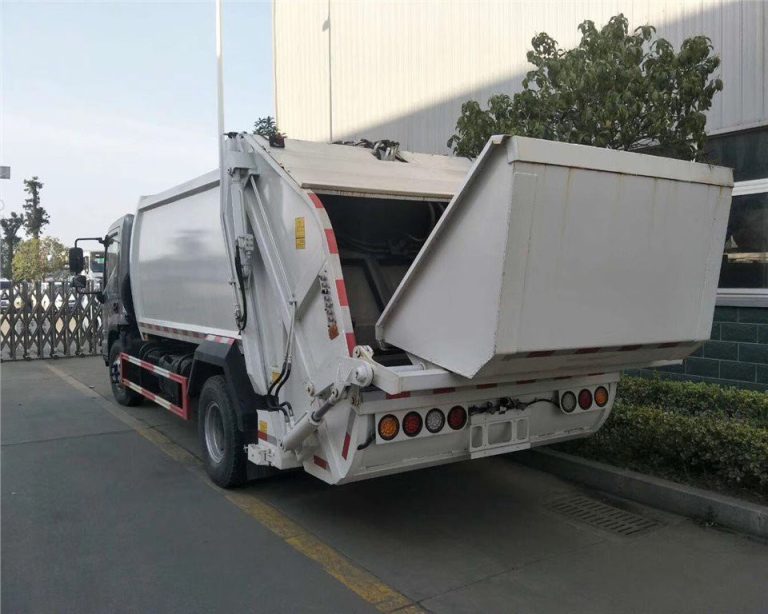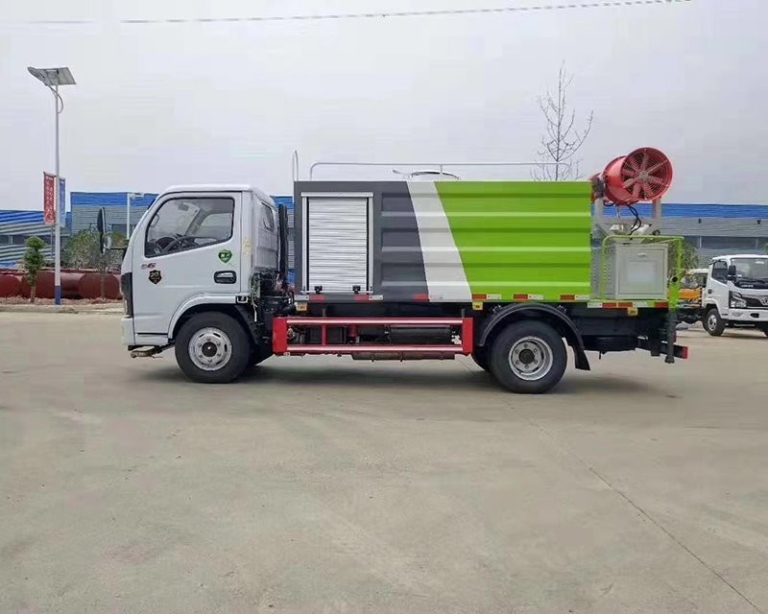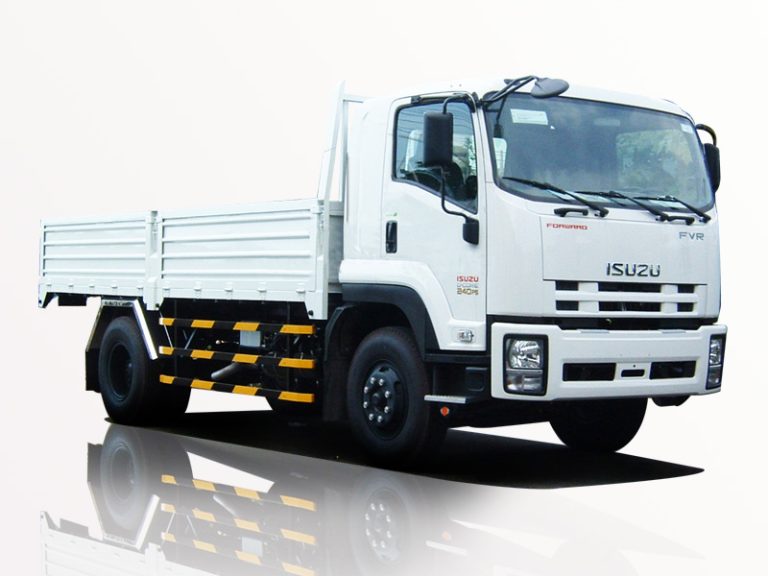Introduction
In the world of heavy-duty transportation, the ten wheeler truck stands out as a versatile and powerful vehicle. From moving construction materials to transporting goods across state lines, the ten wheeler truck serves as an essential asset in various industries. In this comprehensive article, we will dive deep into the features, benefits, types, and uses of ten wheeler trucks, along with practical tips for choosing and maintaining these vehicles. Whether you are a business owner looking to invest in a fleet or simply curious about these trucks, this guide will provide valuable insights.
What is a Ten Wheeler Truck?
A ten wheeler truck, also known as a 10-wheel truck, is a type of vehicle that features ten wheels and is typically designed for heavy-duty hauling. These trucks often have a gross vehicle weight rating (GVWR) of over 26,000 pounds, making them ideal for transporting large loads. The ten wheels are usually arranged in such a way that enhances stability and weight distribution, contributing to safer and more efficient transportation.
Types of Ten Wheeler Trucks
Ten wheeler trucks come in various configurations and designs, tailored to specific uses. Here are some common types:
1. Flatbed Trucks
Flatbed ten wheeler trucks have a flat, open cargo area that allows for easy loading and unloading of goods. They are often used to transport large items like construction materials, machinery, and prefab buildings.
2. Box Trucks
Box ten wheeler trucks feature an enclosed cargo area that provides protection for the goods being transported. They are commonly used for moving furniture, appliances, and other household items.
3. Dump Trucks
Dump ten wheeler trucks are designed to transport loose materials such as gravel, sand, and soil. They feature a hydraulic lift that allows the cargo bed to tilt, making unloading easier.
4. Refrigerated Trucks
Refrigerated ten wheeler trucks, or reefer trucks, are equipped with a cooling system that allows for the transport of perishable goods, making them essential for grocery and food distribution.
5. Tow Trucks
These trucks are designed specifically for towing vehicles. Tow ten wheelers not only tow disabled vehicles but can also transport heavy equipment and machinery.
Key Features of Ten Wheeler Trucks
When considering a ten wheeler truck, understanding its features is crucial. Here are some key characteristics:
1. Engine Power
Ten wheeler trucks typically have powerful engines ranging from 200 to 600 horsepower, enabling them to haul heavy loads over long distances.
2. Payload Capacity
The payload capacity of a ten wheeler truck generally varies from 10,000 to 20,000 pounds or more, depending on the model and configuration.
3. Axle Configuration
These trucks generally have two front axles and either two or three rear axles, enhancing traction and stability, particularly on rough terrain.
4. Safety Features
Modern ten wheeler trucks come equipped with advanced safety features, including anti-lock braking systems (ABS), skid control, and various sensor technologies to ensure safe operation.
5. Comfort and Ergonomics
Drivers spend a significant amount of time in their trucks. Many newer models offer ergonomic seating, climate control, and advanced entertainment systems to enhance driver comfort.
Benefits of Using a Ten Wheeler Truck
The advantages of utilizing ten wheeler trucks for transportation and logistics are numerous. Here are some key benefits:
1. Versatility
Ten wheeler trucks can perform various transportation tasks, making them suitable for different industries, from construction to logistics.
2. Cost-Effectiveness
Using a ten wheeler truck can be more cost-effective for transporting larger loads compared to smaller vehicles, reducing overall transportation costs per unit.
3. Enhanced Safety
The design and features of ten wheeler trucks contribute to safer transportation of heavy goods, especially on highways and in challenging conditions.
4. Improved Fuel Efficiency
With advancements in engine technology, modern ten wheeler trucks offer improved fuel efficiency, helping businesses save on operational costs.
Practical Tips for Choosing a Ten Wheeler Truck
When selecting a ten wheeler truck, consider the following tips to make an informed decision:
1. Determine Your Needs
Assess what you will be hauling and consider the weight, size, and frequency of transportation. This will help you determine the right type of ten wheeler truck.
2. Consider the Engine and Performance
Choose a truck with adequate engine power and performance specifications to meet your transportation requirements. Look for vehicles that are known for reliability and longevity.
3. Evaluate Payload Capacity
Make sure that the truck you select can handle the weight of loads you typically transport, ensuring you don’t exceed legal limits.
4. Inspect Features and Technology
Modern trucks come with various features that enhance comfort and safety. Features like GPS, climate control, and advanced braking systems should be prioritized.
5. Budget Considerations
Factor in both the initial purchase cost and ongoing operating costs, such as fuel, maintenance, and insurance, so you can select a truck that fits your financial plan.
6. Check Reviews and Ratings
Research different makes and models to gauge their performance and reliability through customer reviews and industry ratings.
Maintaining Your Ten Wheeler Truck
Proper maintenance is crucial for the longevity and performance of a ten wheeler truck. Here are essential maintenance tips:
1. Regular Inspections
Conduct routine inspections of key components, including brakes, tires, and fluid levels, to ensure your truck remains in optimal condition.
2. Keep It Clean
Regularly wash and clean your truck to prevent rust and damage, especially in regions where salt is used on roads during winter.
3. Monitor Fluid Levels
Constantly check oil, coolant, brake fluid, and transmission fluid levels, adding them as necessary to keep all systems functioning properly.
4. Schedule Professional Maintenance
Set up a maintenance schedule with a trusted mechanic who specializes in heavy-duty vehicles for more comprehensive checks and repairs.
5. Document Everything
Keep detailed records of all maintenance and repairs performed on your truck to manage its service history effectively.
Cost of Owning a Ten Wheeler Truck
The financial implications of owning a ten wheeler truck extend beyond the purchase price. Here are some key cost factors to consider:
1. Purchase Price
The initial investment in a new or used ten wheeler truck can range significantly based on the model, year, and condition—often from $50,000 to $150,000 or more.
2. Insurance
Insurance is essential for these vehicles, and the cost can vary depending on coverage levels, driving records, and location. Budget at least $3,000 to $7,000 annually.
3. Maintenance and Repairs
Regular maintenance costs should be accounted for, potentially amounting to $1,500 to $3,500 annually, depending on usage and care.
4. Fuel Costs
Fuel expenses can be substantial, with average fuel efficiency around 6 to 8 miles per gallon. Depending on usage, this can total $5,000 to $10,000 annually.
5. Licensing and Permits
Don’t forget about costs associated with licensing and road permits, which can range from $200 to $1,000 per year based on state requirements.
FAQs About Ten Wheeler Trucks
1. What is the maximum weight a ten wheeler truck can carry?
The maximum weight a ten wheeler truck can carry typically ranges from 10,000 to 20,000 pounds, depending on the specific model and configuration.
2. How does a ten wheeler truck compare to other trucks?
Ten wheeler trucks are generally larger and more powerful than standard pickup trucks, making them suitable for heavy-duty hauling and transportation tasks.
3. Are ten wheeler trucks suitable for long-distance travel?
Yes, many ten wheeler trucks are equipped with features that make them comfortable and efficient for long-distance travel, though payload weight should be managed accordingly.
4. What are the best brands for ten wheeler trucks?
Some of the top brands for ten wheeler trucks include Freightliner, Peterbilt, Kenworth, and International, known for their durability and performance.
5. How often should I perform maintenance on a ten wheeler truck?
Regular maintenance should be performed at least every 5,000 to 7,500 miles, along with more comprehensive checks annually, as recommended by the manufacturer.
6. Can I drive a ten wheeler truck with a regular driver’s license?
In most cases, a commercial driver’s license (CDL) is required to operate a ten wheeler truck, as they exceed standard vehicle weight limits.
